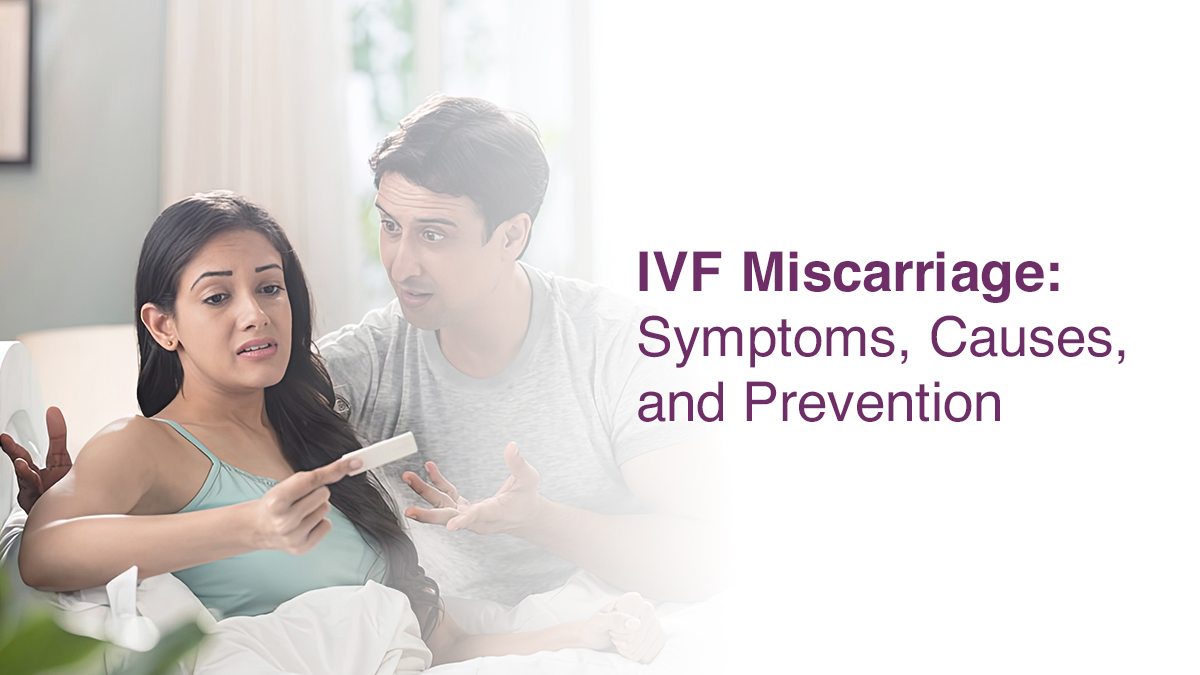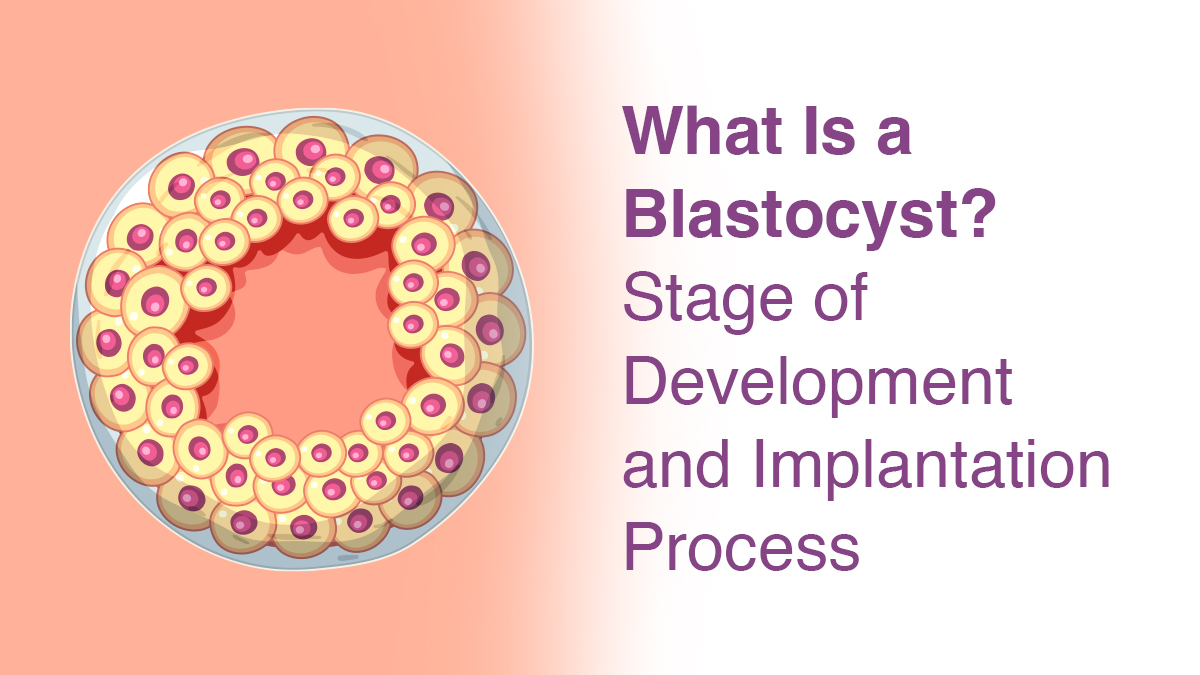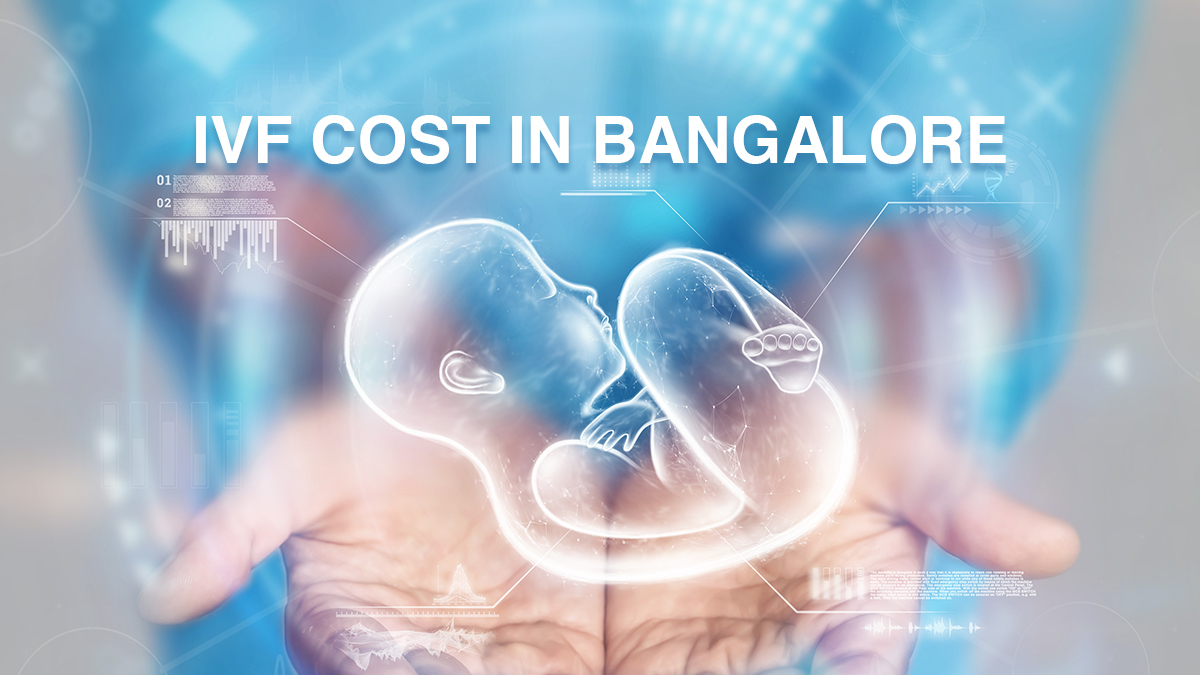
IVF Miscarriage: Symptoms, Causes and Prevention

Millions of people suffer from a miscarriage, which is essentially the loss of a pregnancy before the 20th week. Spotting, vaginal bleeding, cramping (like menstrual cramps), pelvic pain, lower back pain, passing tissue, white or pink mucus, and/or a reduction in pregnancy signs, like nausea or breast tenderness, are all common miscarriage symptoms. They could be caused by genetic defects, hormone imbalances, or uterine problems. Although miscarriages are frequent in naturally occurring pregnancies, they can also happen in IVF pregnancies, where the outcome may be influenced by the uterine environment and the quality of the embryo.
What Is IVF Miscarriage?
For those who are attempting to conceive, the in vitro fertilisation (IVF) process can be both thrilling and difficult. When a pregnancy ends before the fetal heartbeat is apparent, usually in the sixth or eighth week of gestation, it is referred to as a miscarriage in IVF. But miscarriage can also happen later in pregnancy. Although it varies, IVF miscarriage rates are often a little more common than in naturally occurring pregnancies. The miscarriage’s timing post-IVF might differ, with some taking place later in the first trimester and others as soon as a few days after implantation.
Symptoms of IVF Miscarriage
A very common miscarriage symptom is vaginal bleeding: it can range from light spotting or heavy bleeding. There may be cramping, which feels pretty much the same as period cramps, but often times it is worse. These symptoms are sometimes combined with lower back pain, which is frequently described as a dull, persistent ache. Other symptoms include a greyish or pinkish colour discharge and pelvic pain. Loss of some of the typical early signs of pregnancy, such as nausea, sensitivity of the breasts, or feeling drowsy, can also be an indicator. It is vital that if you experience any of these IVF miscarriage symptoms, you should immediately see your doctor or fertility specialist.
Causes of IVF Miscarriage
Why does IVF fail? Here are some of the major IVF miscarriage causes:
Genetic Abnormalities
What it is: Miscarriage can result from genetic defects, such as chromosomal problems, that naturally arise in embryos.
Maternal Age
What it is: The quantity and quality of a woman’s eggs decreases with age, raising her chance of miscarriage and genetic disorders.
Uterine or Cervical Abnormalities
What it is: Conditions like fibroids, polyps, or an irregularly shaped uterus might hinder the implantation or growth of embryos.
Hormonal Imbalances
What it is: Hormonal issues, including thyroid disorders or low progesterone, can affect the implantation and development of embryos.
Immune System Issues
What it is: An unsuitable immune response may result in the rejection of the embryo. An overactive immune system may cause some women to perceive the embryo as a foreign entity.
Poor Sperm Quality
What it is: Low sperm count, poor motility, or abnormal morphology might result from issues with embryo development.
Lifestyle Factors
What it is: Smoking, binge drinking, and high levels of stress are among the lifestyle choices that can negatively impact fertility and raise the risk of miscarriage.
Preventive Strategies to Reduce the Risk of IVF Miscarriage
-
Genetic Testing of Embryos
Genetic testing for IVF embryos is conducted by screening for chromosomal abnormalities. Pre-implantation genetic testing (PGT-A) selects healthier embryos for transfer, lowering the risk of miscarriage.
-
Optimizing Maternal Health
Enhancing maternal health before IVF helps strengthen the body for a successful pregnancy by addressing nutritional deficits and managing conditions like diabetes or thyroid problems.
-
Progesterone and Hormonal Support
Progesterone is necessary for the implantation of embryos and the preservation of early pregnancy. To help prepare the uterus for embryo implantation, more progesterone and other hormonal supports are frequently provided during IVF.
-
Address Uterine Abnormalities
Identifying and treating uterine abnormalities, including fibroids or polyps, before IVF can improve the uterine environment and increase the likelihood of a healthy pregnancy.
-
Lifestyle Changes
A healthy lifestyle can reduce the chance of miscarriage and improve IVF outcomes. This entails avoiding alcohol and tobacco use, managing stress, and keeping a healthy weight.
-
Specialised Care for Immune Disorders
Immunological issues can be treated with corticosteroids, IVIG, or anticoagulants to keep the pregnancy healthy and reduce the risk of miscarriage during IVF.
When to Seek Medical Attention?
Heavy bleeding, excruciating abdominal pain, passing tissue, fever, or chills should all be treated by a doctor as they may be miscarriage symptoms. Consult a healthcare professional for advice on even minor symptoms.
Emotional Support After IVF Miscarriage
A miscarriage from IVF can be quite distressing. It’s common to experience sadness, despair, and frustration. Joining a support group, getting fertility counselling, or getting treatment from a mental health specialist can all be beneficial. Taking time to grieve is crucial, and connecting with loved ones offers solace. Keep in mind that you don’t have to face this alone and that there is accessible support.
Conclusion
Embarking on the IVF process is a courageous step towards becoming a parent. You can discuss your concerns with the fertility specialists at an Oasis Fertility clinic near you. Additionally, you can look for prompt assistance by calling 1800-3001-1000 or use our live chat facility.


fill up the form to get a
Free Consultation
Avail 0% interest on EMI
All Procedures | No Upper Limit
Frequently Asked Questions
Are miscarriages common with IVF?
Can you conceive naturally after failed IVF?
Why is IVF not 100% successful?
How many times can IVF fail?
How we reviewed this article:
- Current Version
- https://ivfclinic.com/blog/miscarriages-during-ivf-signs-causes-prevention/
- https://www.scrcivf.com/ivf-miscarriage-know-your-risks/
- https://drsupriyapuranikivf.com/blog/miscarriage-after-ivf/
- https://www.alifehealth.com/blog/ivf-miscarriage-symptoms-causes-diagnoses/#:~:text=Common%20symptoms%20of%20miscarriage%20include,of%20nausea%20or%20breast%20tenderness






